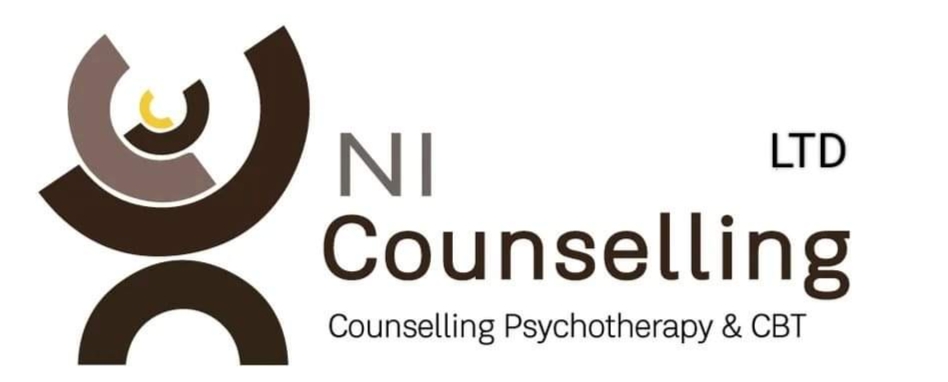Are you struggling with the aftermath of a traumatic experience? Do feelings of anxiety, stress, and fear often consume your thoughts and actions? You’re not alone. Post Traumatic Stress Disorder (PTSD) affects millions of people worldwide. However, it doesn’t have to define your life forever. In this blog post, NI Counselling will explore how to move forward from PTSD by discussing various treatment options and coping strategies that can help you overcome this mental health challenge.
People with PTSD may relive the event over and over again through flashbacks or nightmares; they may feel emotionally numb and detached from others; and they may have trouble sleeping and concentrating. They may also be irritable and easily angered. Many people with PTSD can suffer from depression, anxiety or substance misuse problems.
It is important to remember that PTSD is not a sign of weakness. It is a sign that a person has been through something overwhelming and traumatic. It is normal to have difficulty after such an event. But for some people, the symptoms last long after the danger is over and begin to interfere with their daily lives. That’s when it’s time to recognise how important it is to seek professional help.
There are treatments that can help people with PTSD recover and live healthy, fulfilling lives. The first step is reaching out for support.

Signs and Symptoms of PTSD
It is normal to feel scared, sad, or angry after a traumatic event. But if these feelings do not go away over time or if they get worse, you may have post traumatic stress disorder (PTSD).
PTSD can cause a wide range of symptoms that may make it hard to go on with your life after a traumatic event. Some people with PTSD have intrusive memories of the event. They may feel like they are going through the event again and again. This is called a flashback. Flashbacks can be so real that the person acts or feels as if the trauma were happening again in the present.
Other people with PTSD avoid anything that reminds them of the trauma. They try not to think about or talk about what happened. They may feel numb and disconnected from other people and their surroundings. People with PTSD may also have trouble sleeping or concentrating, feel irritable or jumpy, and be easily startled.
Understanding the Role of Trauma in Healing PTSD
For many people who suffer from post-traumatic stress disorder (PTSD), the events that led to their condition were out of their control. They may have been the victims of violence, a scary event or other traumas. As a result, they often feel powerless and helpless.
However, it is important to understand that PTSD is a treatable condition. With proper treatment, people with PTSD can learn to control their symptoms and eventually recover from their trauma.
One of the first steps in treatment is understanding the role of trauma in healing PTSD. Trauma is a major factor in the development of PTSD, but it is not the only factor. Other factors such as genetic predisposition, previous mental health conditions, and social support can also play a role in the development of PTSD.
Treatment for PTSD typically includes some combination of medication, counselling and self-care. Medication can help to control some of the symptoms of PTSD in some individuals such as anxiety and depression. Counselling can help people with PTSD process their trauma and develop coping skills. Self-care is important for managing stress and maintaining overall health.
Some Strategies for Treatment and Coping with PTSD
If you are struggling with PTSD, know that you are not alone. Many people have been through similar experiences and have found ways to cope. There are many strategies for coping with PTSD, and what works for one person may not work for another. It is important to find what works for you and to be patient with yourself as you heal.
A common strategy and evidenced based treatment is cognitive behavioural therapy (CBT). This type of therapy helps you to change the way you think about your triggers and your memories. CBT can help you to see things in a more positive light and learn new ways of coping with your symptoms.
Another evidenced based treatment for PTSD is Eye Movement Desensitisation and Reprocessing therapy (EMDR). This type of therapy involves moving your eyes in a specific way while you process traumatic memories, thoughts and feelings related to trauma. This can only be done with a qualified skilled EMDR therapist. By processing these experiences, you can get relief from PTSD symptoms.
There are also many self-care strategies that can be helpful in managing PTSD symptoms. These include things like exercise, relaxation techniques, journaling, and spending time with supportive people. Finding an activity or hobby that brings you joy can also be helpful in managing PTSD symptoms.
Moving forward after experiencing post traumatic stress disorder is a difficult journey, but it is possible. The key is to focus on making small steps and developing healthy coping mechanisms that can help you over time. It’s important to remember that healing takes time and there will be setbacks, so don’t give up! With the right mindset and support system in place, anyone can find success and learn how to live life without the burden of PTSD weighing them down.
If you have been diagnosed or believe that you have PTSD, our counsellors here at NI Counselling will be able to support and help you. To book an appointment with one of our counsellors, click here to go to the contact us page and fill out a referral form and we will get back to you within 48 working hours.
If you would like to know more about the Benefits of one of our therapy delivery methods – Online counselling, you can click here to read more.
To keep up to date with all of our news and updates here at NI Counselling, please be sure to follow us on our social media channels: Facebook & Instagram.
Overcoming Post Traumatic Stress Disorder | NI Counselling 2023

